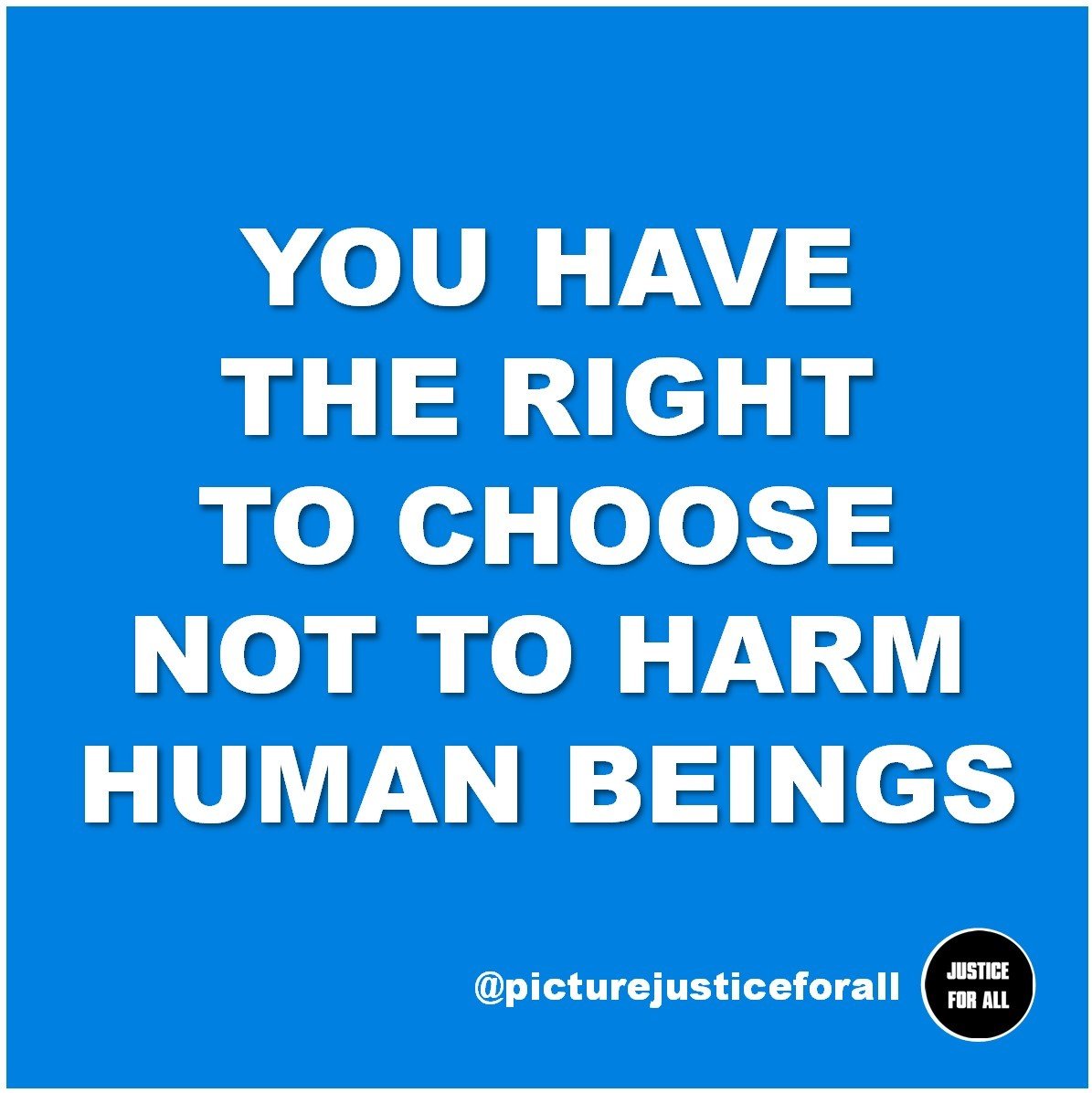Impact Report, June 2025
A fishing seminar without casting a line into the water? A dialogue seminar without talking to people who disagree? Ever since David Lee, the founder of Justice For All (JFA), started talking about this in the early 2000’s (at least to me), it has been a deeply-held value at JFA to see that the training a seminar can accomplish (even a very interactive one like JFA’s) is incomplete without the step of putting things into practice in a real-life experience. In this Impact Report, Rebekah Dyer illustrates how important it is for every person we train to experience more than just a protected seminar environment (Seat Work). They also need practice in real-life conversations (Feet Work). Thanks for helping our team give volunteers “Feet Work” experiences that change their lives...and help them change the lives of others.
-Steve Wagner, Executive Director
An integral part of my work with JFA is helping others engage their world in dialogue about abortion. Recently, several friends and other locals have joined me as volunteers on campus. While many of our volunteers attend an Abortion: From Debate to Dialogue seminar (Seat Work) before volunteering on campus (Feet Work), these four California volunteers joined us for outreach first, and the seminar then provided additional training before venturing out on campus a second or third time. Whatever the order, we’ve found that both the Seat Work and Feet Work are important to helping people develop as Christ’s ambassadors. These four shared these reflections:
Jennifer
Jennifer (left) and Karen (right) interact with students at Cal State San Marcos in April 2025.
I’m so glad to have been introduced to Justice For All a little over a year ago. The JFA training is incredibly effective, and campus outreach opportunities have provided valuable times to implement the training in practice... One of the most encouraging conversations I’ve had was with a student I’ll call Tim. Tim believed that abortion should remain legal and was a woman’s choice. He agreed the unborn was a human being but denied it was a person. After taking Tim through the equal rights argument, he sat in silence a while, thinking. He would start to say something, then stop as if catching himself, then begin again, then stop and process some more. Finally, he confessed that he had never had a case made for the unborn in that way. Tim told me that he had a whole new outlook on the situation now and that this changed everything for him.
Colleen
Rebekah (center) and Colleen (right) engage two students at MiraCosta College in March 2025.
In my experience on the college campus with Rebekah I was asked one question more than any other… “Why are you here, why are you doing this?” Often times it came with a tone of dissension. Why was I there? I was there because I wanted to be a voice for the voiceless! I believe entering into honest, graceful dialogue with those who have opposing viewpoints will begin to open up truth into a social narrative that has silenced truth. College campuses are filled with diverse worldviews, and many young minds prioritize autonomy over reason. “It’s my body, my choice” rings loudly in the common square, yet disregards innocent body within her own. Even amid resistance, moments of genuine connection emerged. I interacted with students who paused to listen, asked sincere questions, and even admitted they had never considered the humanity of the unborn in such personal terms. These moments of mutual respect and curiosity reminded me that hearts can be stirred, even in hard soil.
Karen
Karen talks to a student at San Diego State University (SDSU) in March 2025.
The first time I stepped onto campus with JFA, I was incredibly nervous. I only managed to speak with one student, and he was already pro-life, which made my interaction with him feel safe and manageable. I spent most of the day observing the JFA staff and more experienced volunteers. Watching them listen with compassion and ask thoughtful, respectful questions was both inspiring and educational. By my second outreach, I felt more courageous… Thanks to JFA’s training, I knew how to ask good questions and search for common ground by listening with an open heart. As I got into a rhythm and stopped overthinking things, I found it easier to connect. My third visit to campus was especially memorable. I connected deeply with one young man in particular. He was thoughtful, compassionate, and genuinely engaged in talking with me. At one point he shared a poignant story about his uncle that brought him to tears and he ended up asking me for a hug. I had been thinking the same thing moments before so it felt natural and organic that we embraced. He let his guard down by crying on my shoulder. I felt such a strong sense of connection that I gave him my phone number with the hope we could stay in touch. For the first time, I felt prompted to share about Jesus with someone during an outreach.
This journey has changed me. Justice For All’s training gave me the tools I needed to step into these dialogues with humility and compassion. I’ve discovered the power of simply being a humble listener and asking thoughtful, respectful questions. That alone is enough to spark meaningful conversations –conversations that can save lives and transform hearts, including my own.
Shannon
My courage has been constantly challenged throughout my experience working with JFA. At times fear has been almost paralyzing. Being out in public has made me realize that I am fearful of what people will think of me, I am fearful of saying the wrong thing, I am fearful of what people may do to me. For me, it was a huge step just to show up and participate in other people’s conversations. Later, I was able to go out and conduct surveys. Finally, I was able to engage in conversations on my own… Two young women that I encountered while conducting surveys had never seen pictures of the results of abortions. We asked them if they would be willing to look, warning them that they would be graphic, and they agreed. The looks on their faces made it clear that they had not realized the gruesomeness of the process. My prayer is that after our conversation and the experience of viewing the pictures they will have new information with which to think about the topic. People are much more likely to change their minds later in private than in a public setting. Even though we may not always see the results, it is so important that Christians engage in conversations so that bit by bit people will come to recognize the horrors of abortion.
Thank you for your support that empowers my team and me to lead these events and help others gain confidence in having these important conversations.
-Rebekah Dyer, for the JFA Team



















